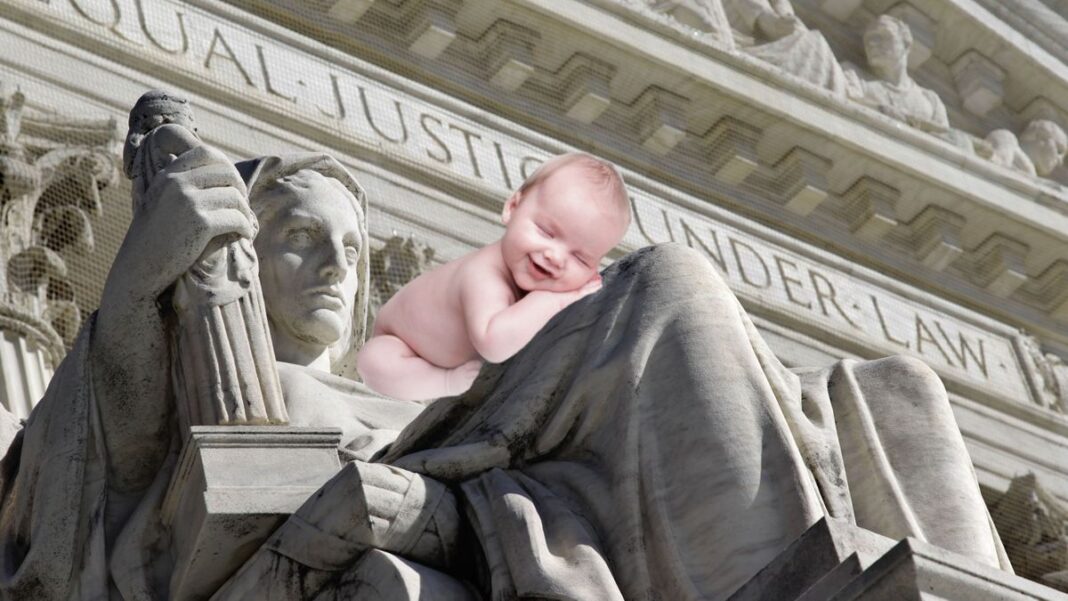South Carolina had argued that no one’s rights were violated when it decided to exclude Planned Parenthood from its Medicaid program.
The U.S. Supreme Court on June 26 ruled that South Carolina may stop abortion provider Planned Parenthood from taking part in the state’s Medicaid program.
The majority opinion in the 6–3 decision in Medina v. Planned Parenthood South Atlantic was written by Justice Neil Gorsuch.
The decision reverses a federal appeals court decision that blocked South Carolina from excluding Planned Parenthood.
In the ruling, which was divided along conservative and liberal ideological lines, the court majority held that federal law does not permit health care providers, or patients, to sue a state if it runs afoul of a federal law requiring that Medicaid patients be allowed to use their preferred provider.
Although the case does not center on abortion, it was being closely watched because a ruling in favor could encourage more states to boot the organization from their Medicaid networks. Missouri, Arkansas, Mississippi, and Texas have already removed Planned Parenthood from state Medicaid networks, the organization reported.
Medicaid is a joint federal–state program that offers health insurance coverage to low-income Americans.
The case comes after the Supreme Court ruled in a separate appeal, Health and Hospital Corp. of Marion County v. Talevski, in June 2023, that Medicaid enrollees have the right to sue when state officials violate their rights.
The petitioner in the current case, Eunice Medina, is the director of the South Carolina Department of Health and Human Services.
Although the respondent, Planned Parenthood, is a major provider of abortion services, it also offers other services such as birth control and pregnancy testing.
The case goes back to July 2018, when South Carolina Gov. Henry McMaster signed Executive Order 2018-21, affirming that the state “has a strong culture and longstanding tradition of protecting and defending the life and liberty of unborn children.”








